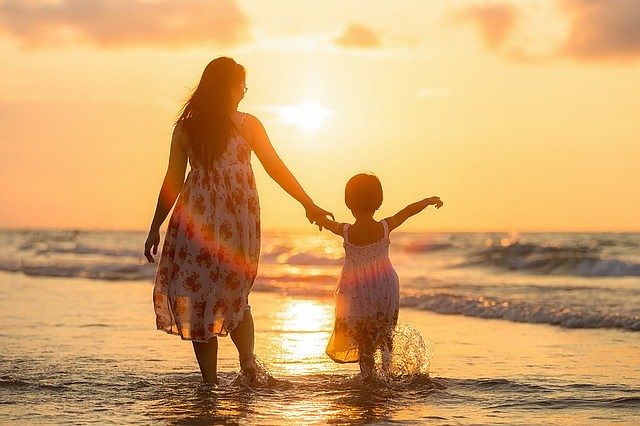We were a family of three nieces, two nephews and four aunts. Each one of us had a special affinity for a particular aunt. My elder sister had stayed with my mother’s younger sister when my father, who was in the Air Force and was posted at Ferozepur, when the 1971 war broke out. Families were evacuated. My mother’s brother-in-law, who was a dentist at Bathinda, came by car to pick us up. My sister stayed with them for seven to eight months and attended school over there.
As the middle-child, I grew close to my mother’s youngest sister. She would wash my hair, taking extra care that the soap suds would not enter my eyes. I would habitually pronounce the word ‘knife’ with a ‘k’ and she would display immense patience and tell me time and again that the ‘k’ was silent. My brother would tease me about my faux pas and say that my brain was a hay-stack and my aunt would admonish him sternly.
As far as my brother was concerned, he was drawn to my mother’s second-youngest sister. She was a gynaecologist and she had named him ‘Rohit’. She would knit sweaters by referring to patterns available in various women’s magazines. My brother’s favourite aunt married a surgeon in London and left for foreign shores. She was blessed with three sons but, unfortunately, they did not get the familial love we received from our aunts.
My mother had a soft corner for my cousins. They loved the aloo paranthas she would make that were served with tomato sauce. The tomato sauce was her own creation. All of us would sit on the mats on the floors with the plates in front while we devoured the paranthas. Often, us kids would have a competition as to who would have the maximum number of paranthas in the shortest time. My mother would also tell my cousin stories to put her to sleep.
One aunt got married and was blessed with two daughters. There was a considerable age gap between us—I was in ninth grade when her first daughter was born. After the birth of her two daughters, our equation changed. With time, our relationship evolved.
Now, my brother has a son and a daughter. My sister and I, are now as they say buas, or paternal aunts. The kids are small and we leave it to them to decide who is whose special and unique aunt. After all, aunts in Indian culture are equivalent to ‘godmothers’ in western culture.
